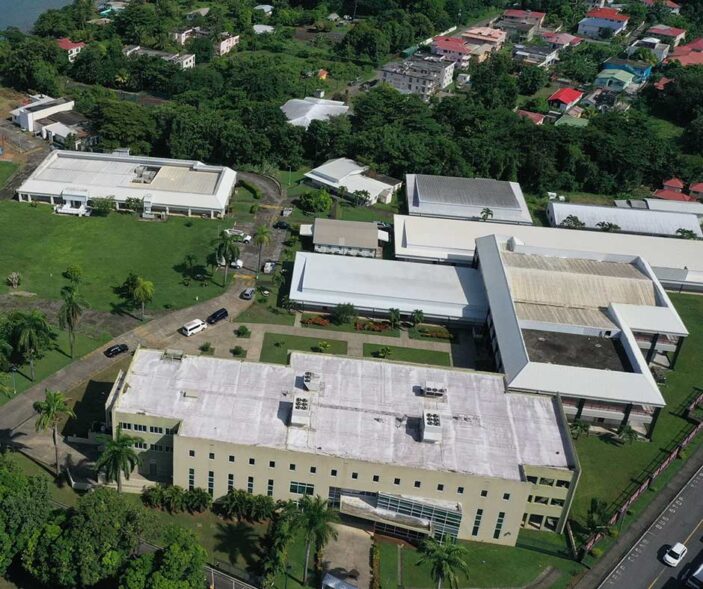Taking Advantage of Caribbean Medical Schools for Canadian and US Students
Posted onIn medical education, a unique and alluring option has emerged for those aspiring to become doctors – Caribbean medical schools. These institutions, nestled amidst the sun-kissed landscapes of the Caribbean, have garnered attention for their unconventional yet practical approach to training the next generation of medical professionals. The questions are “Where are these Caribbean medical schools located?” and “Why have they become a magnet for aspiring physicians?”
Beyond the picturesque beaches and crystal-clear waters, these schools have strategically positioned themselves as educational havens. From the Dominican Republic’s vibrant cultural tapestry to the serene ambiance of Saint Lucia, each location offers a distinctive atmosphere conducive to learning and personal growth. The decision to establish medical schools in the Caribbean isn’t arbitrary. It’s rooted in a combination of factors, including favorable climatic conditions, a diverse patient pool, and a unique perspective on healthcare.
In this exploration, we embark on a journey to uncover the rationale behind the geographical choices of Caribbean medical schools. As we delve into their strategic placement and the motivations that drive students and educators to these institutions, we unveil a compelling narrative of ambition, innovation, and a commitment to producing well-rounded medical graduates. Join us as we unravel why Caribbean medical schools have become a captivating destination for medical education seekers.

Comparative Advantages of Caribbean Medical Schools for Canadian and US Students
Caribbean medical schools can offer some advantages for international students but have specific challenges and potential drawbacks. Considering these factors is vital before deciding where to pursue your medical education. Here are some benefits and considerations to keep in mind:
Benefits of Caribbean Medical Schools
- No MCAT requirement – Some Caribbean medical schools do not require the Medical College Admission Test (MCAT) for admission. This can benefit students who either haven’t taken the MCAT or haven’t scored competitively.
- Opportunity to practice in the US – Many Caribbean medical schools have partnerships or affiliations with hospitals and institutions in the United States, which can facilitate clinical rotations and increase your chances of securing a residency in the US.
- Diversity – Caribbean medical schools often have a diverse student population, which can provide a culturally rich and dynamic learning environment.
Considerations and Drawbacks
- Quality and accreditation – The quality of education in Caribbean medical schools can vary widely. Ensuring that a recognized accrediting body accredits the school you’re considering is essential.
- Financial considerations – Tuition fees for Caribbean medical schools can be high, and financial aid options may be limited compared to those available at US or other well-known international medical schools.
- Limited clinical opportunities – While some Caribbean medical schools have partnerships with US hospitals, clinical training opportunities might still be more limited than students enrolled in US medical schools.
- Isolation and cultural adjustment – Caribbean medical schools might be in remote areas, which can lead to feelings of isolation and make it harder to access extracurricular opportunities or support services.
